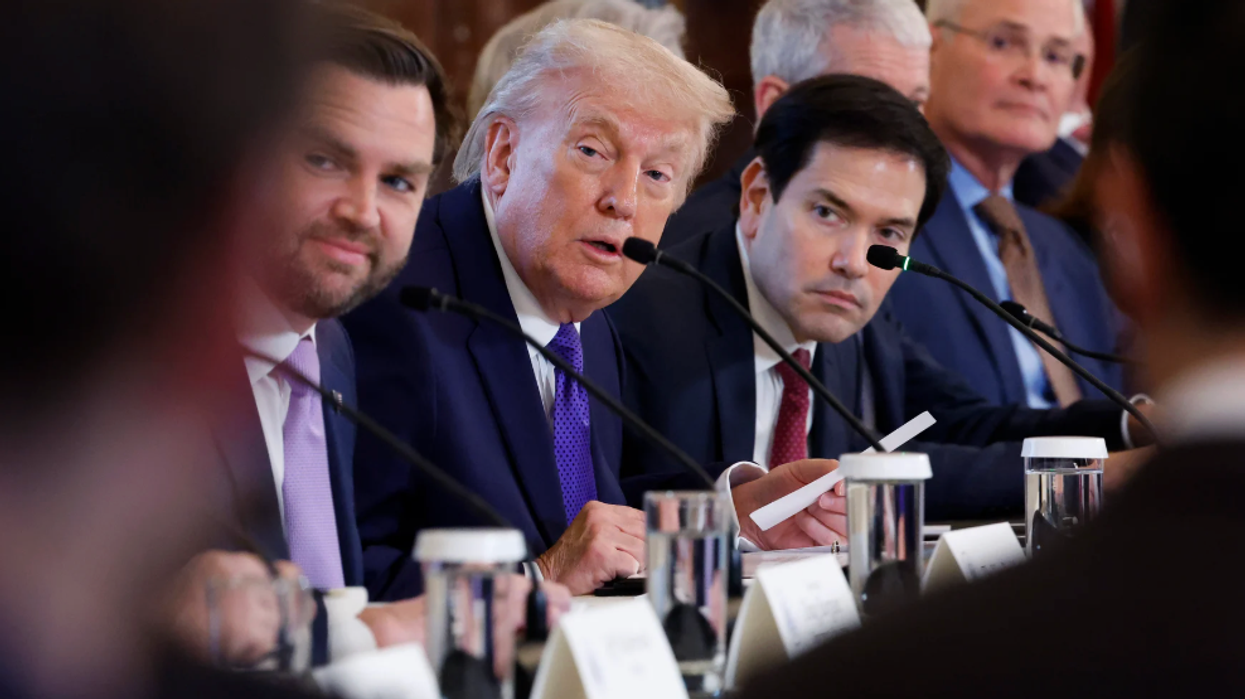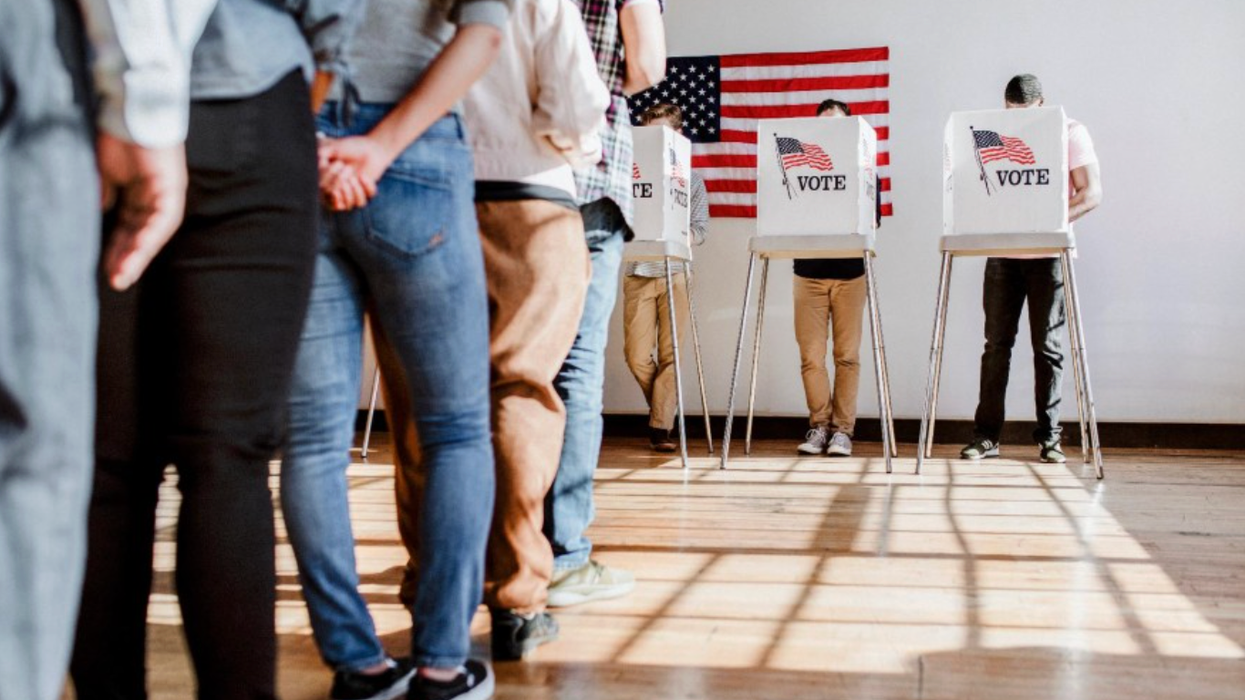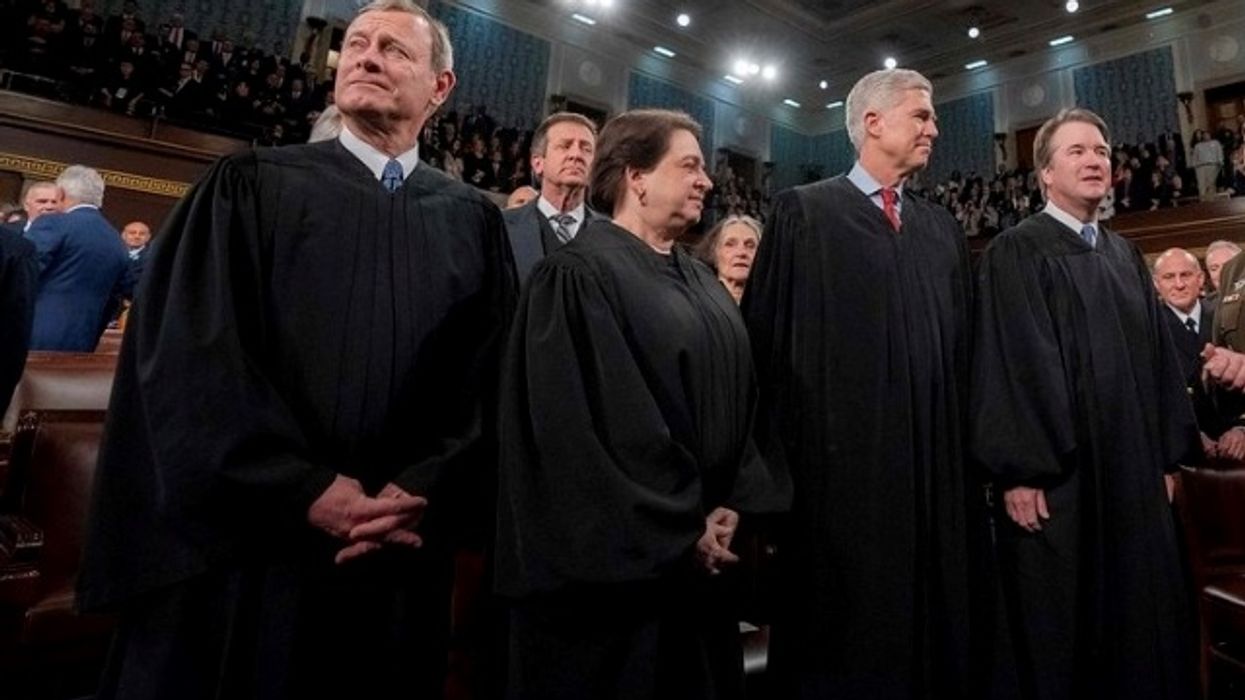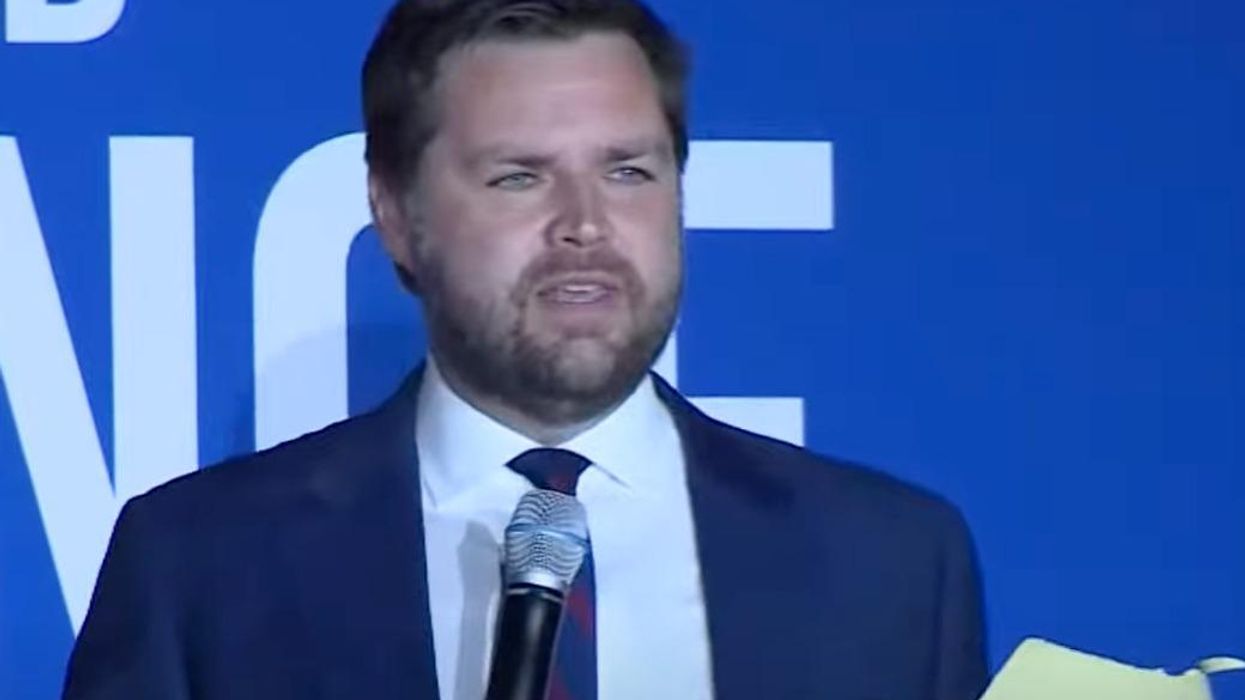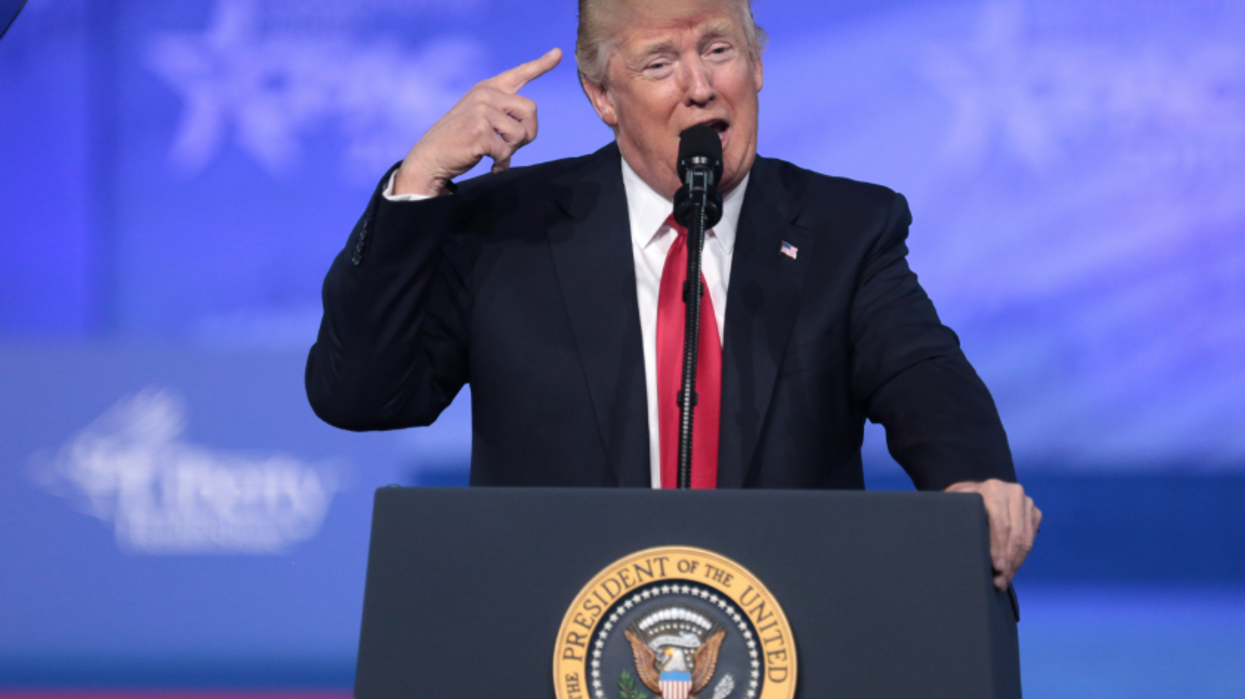With Trump's Fresh Insults To Democratic Allies, The Mask Slips Off
Throughout 2017 and into 2018, I hoped that a moment would come when Republicans would see Donald Trump clearly. But years ago, I accepted that the scales-falling-from-the-eyes revelation will never come for the MAGA faithful. They are too invested.
Still, as a recent Chicago Tribune report found, a small but significant percentage of 2024 Trump voters either regret their vote or have serious concerns about the way things are going. When elections are decided by just a few hundred thousand votes in seven states, those defections are crucial.
It's entirely possible that those swing voters care only about the cost of living and not about the collapse of American decency. Still, it's worth spelling out one of the great delusions of the Trump era that has been definitively unmasked by the Davos Debacle.
Trump has never believed in the principles that NATO was founded to promote and preserve. He doesn't feel affinity for liberal democracy. Recall that in early 2024, Trump recounted a conversation (probably fictional) with the leader of a "large" European nation who supposedly asked Trump whether America would come to its defense in the event of a Russian invasion. Trump claimed to have replied: "You didn't pay? You're delinquent? No, I would not protect you. In fact, I would encourage them to do whatever the hell they want. You got to pay."
Trump doesn't respond to naked aggression the way normal people do. He gets excited. Recall that when Vladimir Putin's tanks rolled into Ukraine, Trump swanned into the Mar-a-Lago dining room gushing over what a "genius" Putin was. He later issued some rote condemnations, but his initial response to the murderous violence was delight, just as he had reveled in the January 6 attack on the Capitol — the gravest assault on our democracy since 1861.
Most hostility to the "neocon" agenda stems from the belief that the "forever wars" in Iraq and Afghanistan failed, but Trump doesn't even endorse the goals. He doesn't believe in promoting democracy at all, even if it costs us nothing. Early in his second term, Trump visited Saudi Arabia and declared that the days of Western leaders "in beautiful planes giving you lectures on how to live and how to govern your own affairs" were over. In hindsight, it's clear that this rule applied only to authoritarian countries. The Trump administration applied no such rule to our democratic allies.
Trump called former Canadian Prime Minister Justin Trudeau a "far left lunatic" who had destroyed Canada with COVID mandates. He lambasted Volodymyr Zelensky (but not Putin) for failing to hold elections. JD Vance, among other MAGA figures, excoriated European nations for their tolerance of limitations on free speech.
It's hard to think of an occasion when Trump has criticized any authoritarian for their repression.
It's Trump's lack of belief in liberal democracy, as much as stinginess, that explains his coolness toward Ukraine. What seems blindingly obvious to every liberal democratic leader — that brute conquest by a quasi-fascist regime against a fellow democracy demands a forceful response — is not at all clear to Trump. What's in it for me? he keeps asking. Can I get a Nobel? Can we extort some rare earth minerals?
With the snatching of Maduro in Venezuela, we can see the full contempt Trump harbors toward democracy. The United States went to considerable risk and expense to capture Maduro — but there isn't even a pretense of pivoting now to help restore democracy to Venezuela. It's all about the oil. If a Maduro lookalike will pony up petrodollars to Trump, that's all he cares about. It's Putinesque.
Trump behaves as a bullying autocrat at home; why would he uphold the rule of law and democracy abroad?
And now we come to Greenland — the mad king in full regalia. There are several layers to this betrayal of American and Western values:
1. To even threaten military force against a peaceful ally violates common sense, as well as the norms and rules that America spent decades enshrining in international law and practice.
2. To do so because a private entity in a third country — which Trump himself confirmed he knows is not the same country — hurt his little feelings by declining to give him the Nobel Peace Prize is cringe-inducing and frankly borderline insane.
3. To insult every member of NATO is to alienate the United States from the entire democratic world.
4. To admit, in public, that because he is pouting over not winning the Peace Prize, he will no longer prioritize peace is as clear a confession as can be that his true interest was never peace.
For now, Trump has climbed down from his threats (after a market plunge). But our former friends will no longer labor under the delusion that he is a fellow liberal democrat.
Trump has contempt for democratic norms. He wants to move America's pieces to the other side of the chessboard, alongside those whose systems and methods he finds more congenial — Russia, China, El Salvador, Turkey and Hungary. NATO leaders at last see it. Perhaps it will also dawn on some critical American voters.
Mona Charen is policy editor of The Bulwark and host of the "Beg to Differ" podcast. Her new book, Hard Right: The GOP's Drift Toward Extremism, is available now.
Reprinted with permission from Creators



